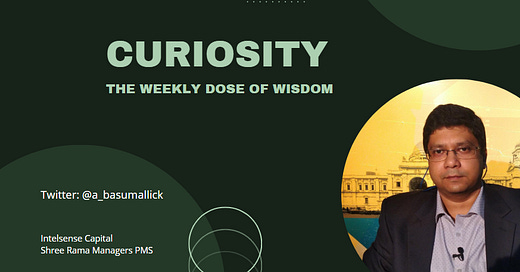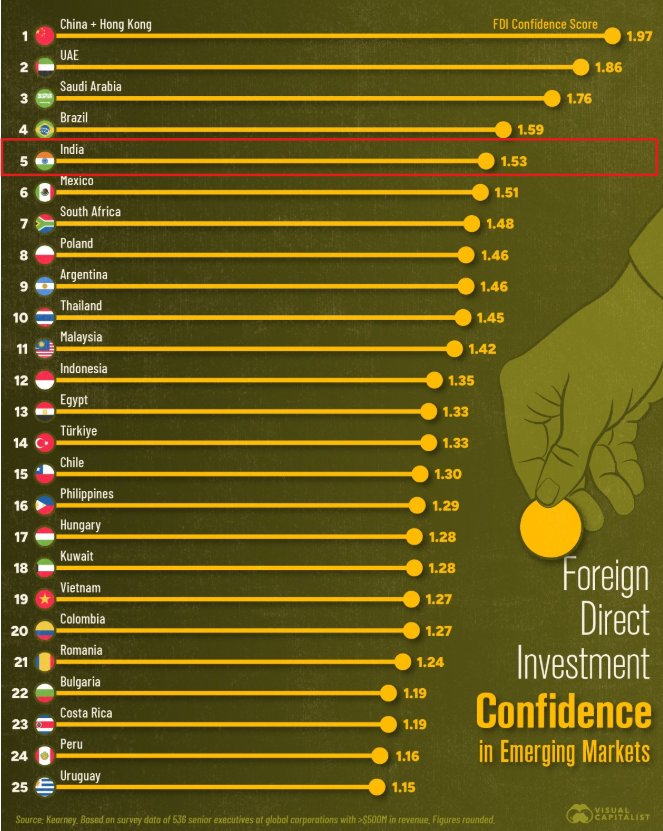To invest in our PMS for an investment corpus of 50 lakhs and more, drop us a line at equity@shreerama.co.in
Exploring the huge market opportunity opening up in Pharma due to the impending patent cliff.
1.
Why WhatsApp could not crack the payment app market in India
Meta’s fintech ambitions have failed to take off in India — the company’s largest market, with over 500 million WhatsApp users.
When WhatsApp first began testing payments in India back in 2018, local players braced for disruption. The app’s massive reach — 400 million users at the time — raised fears it could wipe out competitors. But Indian regulators quickly stepped in, insisting WhatsApp store user data in the country and keep it separate from Facebook. The regulators also capped WhatsApp Pay’s user base at just 1 million.
The cap was gradually raised and then entirely lifted in December 2024.
WhatsApp lacks key features that make digital payments seamless — such as clear transaction tracking and user-facing rewards — while its rivals have built deeper engagement through robust app interfaces, merchant partnerships, and financial incentives like cash-backs and scratch cards.
Brand perception is another barrier. Unlike established fintech brands, “users may be hesitant to trust it with financial transactions due to its primary association with messaging.
2.
A wandering mind is not a happy mind
Unlike other animals, humans spend a lot of time thinking about what isn’t going on around them: contemplating events that happened in the past, might happen in the future, or may never happen at all. Indeed, mind-wandering appears to be the human brain’s default mode of operation.
“Mind-wandering is an excellent predictor of people’s happiness,” Killingsworth says. “In fact, how often our minds leave the present and where they tend to go is a better predictor of our happiness than the activities in which we are engaged.”
Time-lag analyses conducted by the researchers suggested that their subjects’ mind-wandering was generally the cause, not the consequence, of their unhappiness.
“Many philosophical and religious traditions teach that happiness is to be found by living in the moment, and practitioners are trained to resist mind wandering and to ‘be here now,’” Killingsworth and Gilbert note in Science. “These traditions suggest that a wandering mind is an unhappy mind.”
This new research, the authors say, suggests that these traditions are right.
Pic of the Week
Thought of the Week
Impatience is an expensive emotion.
Every app wants your decision in seconds. Every employer wants results this quarter. Every investment platform profits when you trade. Meanwhile, the boring investor who indexed and touched nothing decades ago owns your neighborhood. Who's winning?
The patient inherit everything the impatient leave behind.
Video of the Week
DISCLAIMER:
Investments in the securities market are subject to market risks. Read all the related documents carefully before investing.
SEBI Registered Research Analyst - Cupressus Enterprises Pvt Ltd - INH000013828.
Registration granted by SEBI and certification from NISM does not guarantee the intermediary's performance or provide any assurance of returns to investors.






